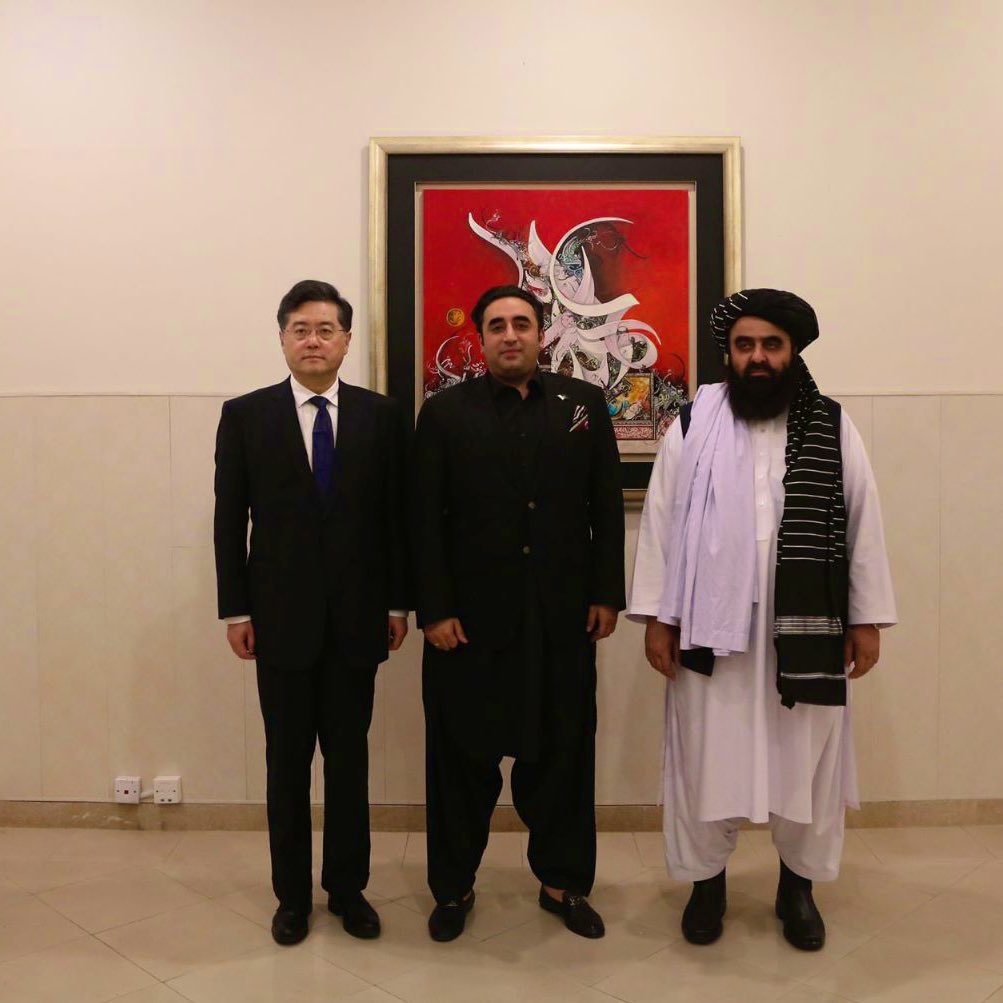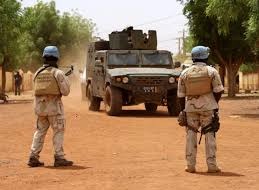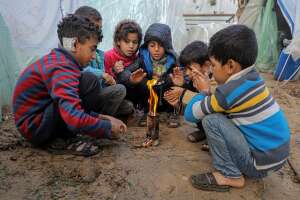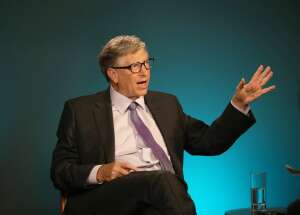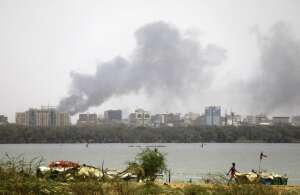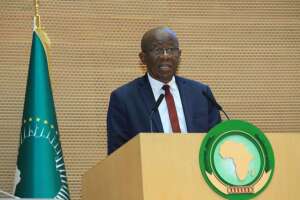Eritrea has strategic importance for China given its location on the Red Sea, one of the world’s key shipping corridors with access to both to the Suez Canal and Europe to the north and the Indian Ocean to the southeast. Observers say China is likely to use Eritrea to expand its Maritime Silk Road as part of the belt and road. It is estimated that 10 per cent of global trade passes through the coastal waterway of the Red Sea … A special report by Kaliph Anaz
Western criticism on deaf ears, China continues to befriend the Horn of Africa nation Eritrea largely to pursue Beijing’s future plans of having an trade-cum-military outpost(s) in Africa and a hand on the region’s vast natural resources.
President Xi Jinping recently hosted Eritrean President Isaias Afwerki in Beijing’s Great Hall of the People after a guard of honour ceremony in Tiananmen Square, said China and Eritrea “share a deep bond of friendship (in) an uncertain and unstable world”.
“A strong China-Eritrea relationship is not only in line with the common and long-term interests of both countries, but also for maintaining regional peace,” Xi said.
News agency Xinhua was quick to report the philosophy behind the growing friendship: “China appreciates Eritrea’s long-standing adherence to an independent foreign policy, firmly supports Eritrea in exploring a development path suited to its national conditions, firmly supports Eritrea in safeguarding its sovereignty, security and development interests, and opposes external interference in Eritrea’s internal affairs and the imposition of unilateral sanctions, the Chinese president said.
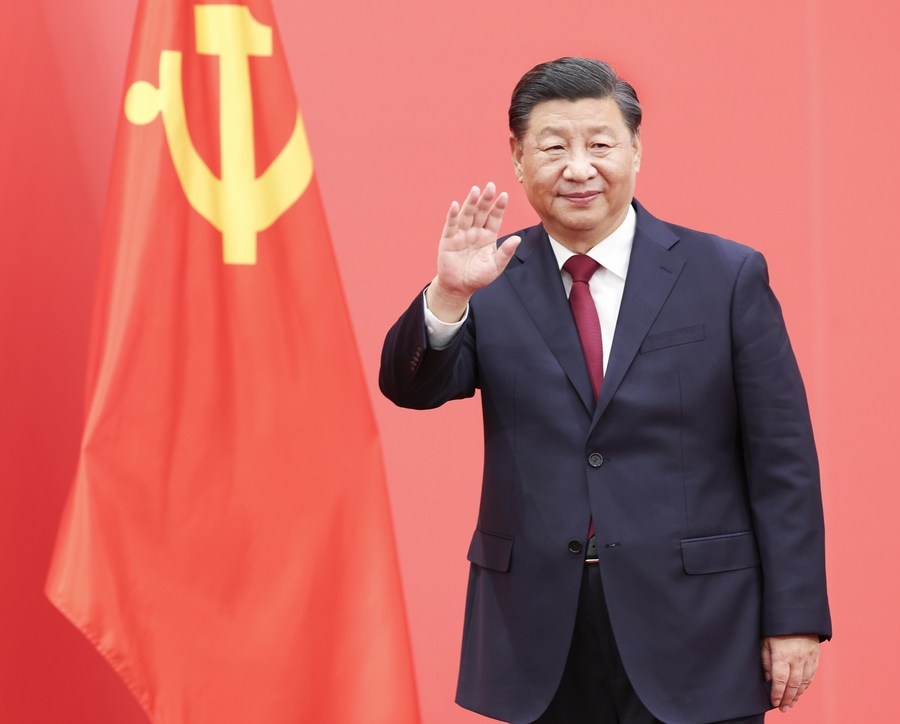
Xi said China is ready to share experience with Eritrea on national governance, jointly oppose unilateralism and bullying, and safeguard the common interests of the two countries and other developing countries.”
Eritrea has strategic importance for China given its location on the Red Sea, one of the world’s key shipping corridors with access to both to the Suez Canal and Europe to the north and the Indian Ocean to the southeast. Eritrea, a reclusive country that won independence from Ethiopia in 1993 after a long war, also shares a border with tiny Djibouti, where the Chinese military set up its first overseas naval base in 2017.
Last year China named senior diplomat Xue Bing to a newly created post of special envoy for the Horn of Africa, a geopolitically sensitive, conflict-wracked region where Beijing has significant investments and, along with ally Russia, has been competing with Western powers for influence.
Chinese state media earlier in the day quote Xi as saying Beijing “is willing to work with Eritrea to promote mutually beneficial cooperation and development.
Western groups have accused Eritrea of myriad human rights abuses under Isaias’ 30-year-old rule, including indefinite conscription of men and unmarried women into military or government service since a 1998-2000 border war with Ethiopia. Eritrea denies the accusations.
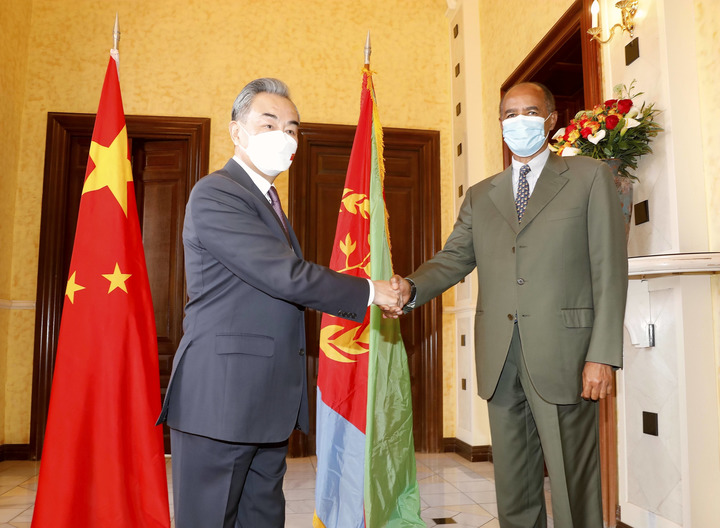
The US in November 2021 imposed sanctions on the Eritrean military for involvement in the Ethiopian conflict. Eritrean soldiers fought in the Tigray region alongside Ethiopian forces against the Tigray People’s Liberation Front rebel group.
At that time, then Chinese foreign minister Wang Yi flayed the sanctions and announced further moves to deepen Beijing’s cooperation with the Horn of Africa nation.
Wang also announced that China would provide 100 million yuan (US$15.7 million) as additional support for Eritrea which welcomed China to invest in its mining, infrastructure and Massawa and Assab port developments.
The African nation has for years been cut off from the rest of the world. But it has a key asset: its access to the Red Sea, the Suez Canal and Europe, making it extremely important to the belt and road.
Observers say China is likely to use Eritrea to expand its Maritime Silk Road as part of the belt and road. It is estimated that 10 per cent of global trade passes through the coastal waterway of the Red Sea. In late 2021, Eritrea became the latest African nation to join the BRI, a multibillion-dollar initiative that has helped build infrastructure megaprojects across Africa, including ports, power dams, railways and roads.
At first glance, a little-known one-party state with an ailing economy would seem an odd choice for Chinese investment. Eritrean President Isaias Afwerki has only succeeded at turning his country into a pariah state during 27 years of brutal rule, and the World Bank Group considers Eritrea “one of the least developed countries in the world.” Even so, Chinese President Xi Jinping likely sees his investment in Afwerki’s regime as an opportunity to secure an ally on the Red Sea.
Chinese tacticians have been eyeing the strategic region for some time. In early 2016, China concluded a deal with Djibouti, one of Eritrea’s neighbors on the Red Sea, to construct a military base – China’s first overseas military facility. The much-discussed Chinese outpost, which itself borders a similar American facility, became operational a year later. China has deployed soldiers throughout East Africa, even sending peacekeepers to secure Chinese-staffed oil wells in South Sudan.
China is making inroads into the Horn of Africa and has invested heavily in neighbouring Djibouti’s maritime sector via the country’s ports and free-trade zones. It has also built its first overseas military base there, near the Bab el-Mandeb passageway between the Gulf of Aden and the Red Sea. Beijing has deepened its footprint in Ethiopia, especially in funding construction of the Addis Ababa-Djibouti railway, but the Tigray war has threatened its investments.
Besides increasing its investments in Eritrea, whose army has been accused of involvement in the war, Beijing is seeking its government’s help to end the conflict. Thousands of people have been killed and more than 2 million displaced in a war that has lasted for more than a year.
The United States, China’s main rival in Africa, has indicated little interest in Eritrea. The State Department has admitted that “[t]ensions related to the ongoing government detention of political dissidents and others, the closure of the independent press, limits on civil liberties, and reports of human rights abuses contributed to decades of strained US–Eritrean relations.”
As long as China keeps overlooking Eritrea’s dismal record on human rights, the two countries’ relationship seems likely to blossom. Despite a remarkable increase in goodwill toward the East African autocracy following Eritrea’s conclusion of a peace treaty with its longtime adversaries in Ethiopia, Afwerki has few friends in the international community. The Diplomat said a couple of years ago which rings true today: “For its part, China has long stated its reluctance to interfere with or even comment on other countries’ internal affairs. That position has endeared Beijing to autocrats around the world.”



